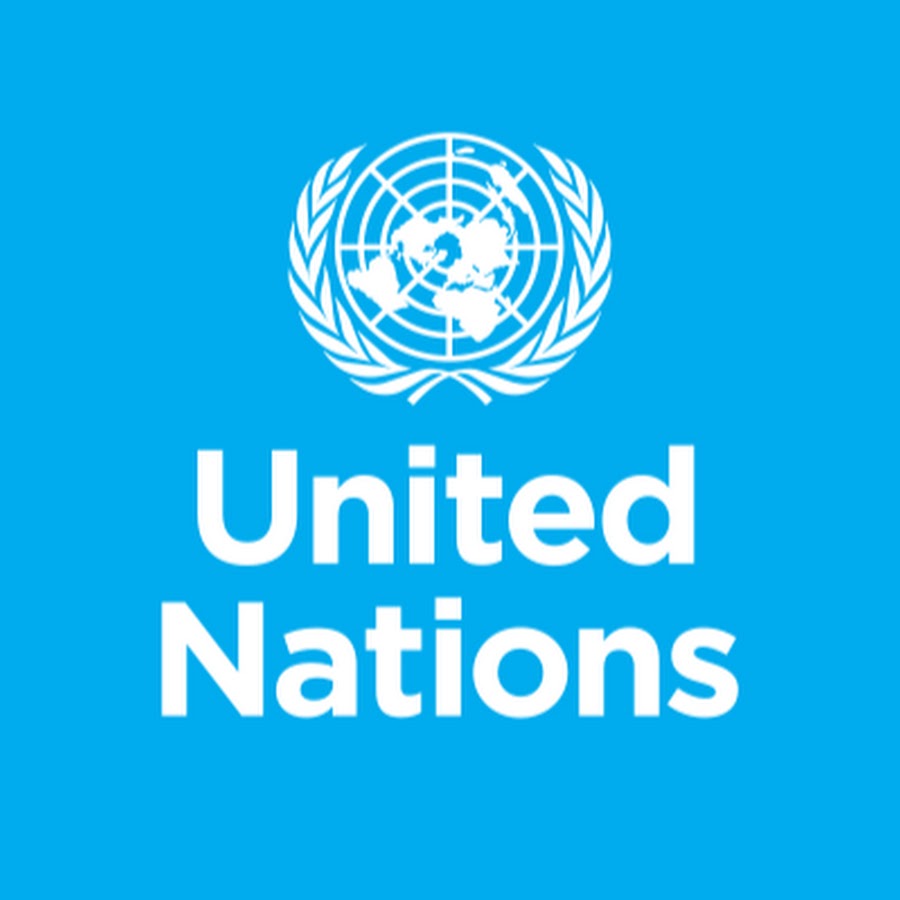
The Global Compact on Refugees was officially adopted today by the United Nations General Assembly in New York. The related but separate migration compact is expected to undergo the same process on Wednesday. This would conclude a two-year UN process, beginning with the New York Declaration for Refugees and Migrants in 2016, to regulate migrant and refugee flows on a global level.
The refugee compact was adopted today by a recorded vote of 181 in favor to two against (United States and Hungary), with three abstentions (Eritrea, Libya, Dominican Republic). Seven countries did not vote: North Korea, Israel, Micronesia, Nauru, Poland, Tonga and Turkmenistan. Several countries that were undecided finally made the plunge and voted yes.
At a previous meeting to affirm the refugee compact on November 13 in Geneva, 176 states voted in favor to one against (United States), with three abstentions (Eritrea, Liberia, Libya). Thirteen countries did not vote: Barbados, Bhutan, Congo, North Korea, Dominica, Grenada, Kyrgyzstan, Nauru, Saint Kitts and Nevis, Saint Lucia, Switzerland, Tonga, and Turkmenistan.
We will find out on Wednesday if the migration compact will follow a similar route, with skeptics deciding to support it after all. Last week, 33 countries did not participate in an intergovernmental conference to adopt the migration compact in Marrakesh, Morocco. Many wanted to refer to their respective parliaments before committing to the compact; others (such as Australia, Austria, Bulgaria, Czechia, Hungary, Israel, Slovakia, the United States etc.) had already decided to opt out this UN agreement.
But on both compacts, the real issue is not how many skeptics became believers. The launching of these compacts is a pivoting, historical moment, as the UN Refugee Chief, Filippo Grandi tweeted in reaction to the adoption of the refugee compact today:
The @UN General Assembly has just agreed to a historic #RefugeeCompact. It is the biggest effort to broadly share refugee responsibilities that I have witnessed in 34 years of work with refugees. pic.twitter.com/CWiWUMvAuW
— Filippo Grandi (@RefugeesChief) December 17, 2018
Louise Arbour, UN Special Representative for International Migration, also called the adoption of the migration compact at the intergovernmental conference in Marrakesh a "wonderful occasion, really a historic moment and a really great achievement for multilateralism." She added: "The Marrakesh Compact – as I believe the Global Compact may begin to be called - will remain THE reference for all future initiatives dealing with cross-border human mobility…" (Emphasis added).
With or without opposing nations, the compacts have been widely accepted, and human mobility (for migrants and refugees alike) will never be regulated the same. Migrants and refugees' rights are bound to take unprecedented routes with a new model for international lawmaking in the works.
Following the limits of multiculturalism, migration policy now moves toward multilateralism. Let's see how that one fares.
